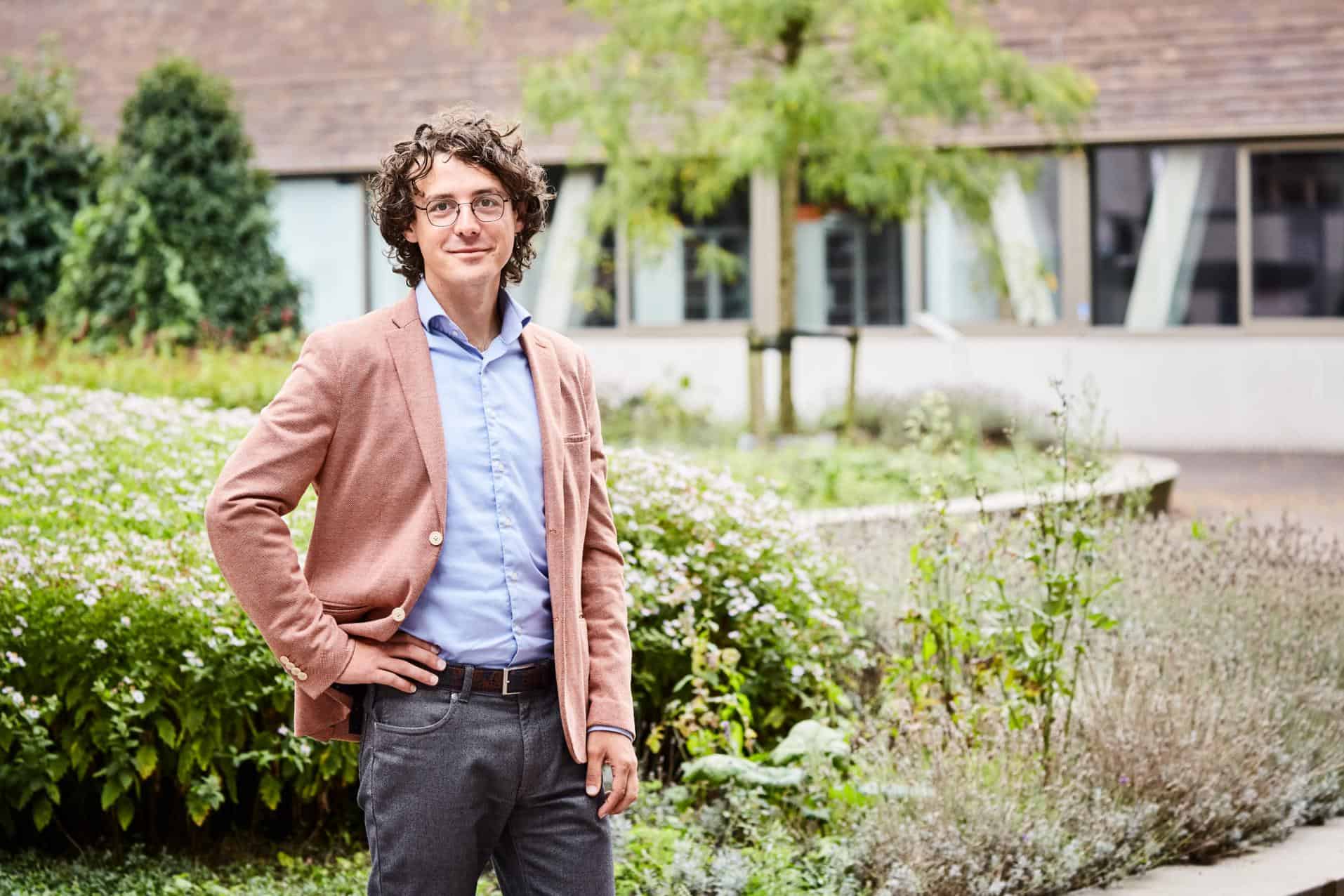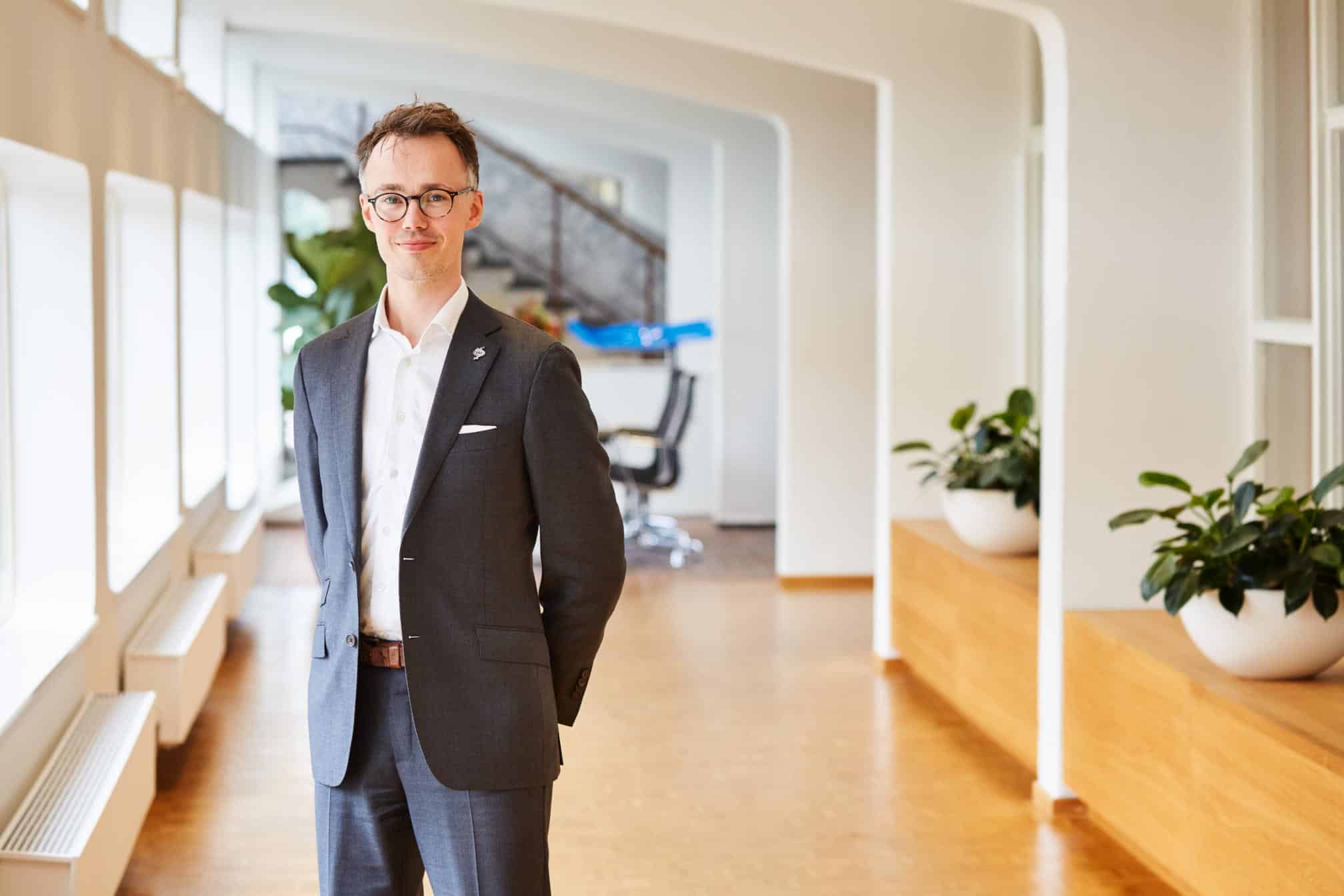
The first electric passenger flights between airports and the Netherlands are expected to take place within five years. Eindhoven Airport, Rotterdam The Hague Airport and Groningen Airport Eelde are all collaborating on research into electric flight called Power Up. The trial is supported by the Royal Schiphol Group and the Royal Netherlands Aerospace Center (NLR). The goal of Power Up is to gain knowledge of the viability, potential and eventual handling of electric flights. This should lead to a network of electric flights between national and European airports.
Potential of electric flights
Aviation must become more sustainable in order to reduce global CO2 emissions. Electric flights are technologically and economically feasible and a fast means of transport to connect regions. Initially, this involves flights which have a range of about 500 kilometers. With the potential for distances up to 1000 kilometers. This is evident from a recent study by M3 Consultancy, which points towards the rapid development of the technology. The trial starts with aircraft for four to nine people. At a later stage, larger aircraft will be considered for European flights.
Read more about the possibilities of electric aviation here.
The CEOs of the airports involved believe it is important to work together on this impactful innovation. Roel Hellemons, CEO of Eindhoven Airport: “We are starting within the Netherlands where we can gain knowledge and experience in a controlled environment. This can then be used for the further rollout of electric flights across Europe. The trial is also important for the region. In addition to the fast connections that will be created, electric flights offer opportunities for the Brainport region in the form of employment opportunities in, for example, charging systems.”
Read these two inspiring columns on electric flying here and here.
Earlier projects
A number of airports were already engaged in trials involving sustainable aviation. “As one of the drivers of aviation innovation with our Rotterdam The Hague Innovation Airport (RHIA) foundation, we have been working on short-haul flights for just over two years now, together with Royal NLR and TU Delft. With the use of (hybrid) electric means, but also with hydrogen,” says Ron Louwerse, CEO of Rotterdam The Hague Airport. “We are contributing our data and research results.”
Groningen has also previously launched an initiative for electric flights, namely NXT Airport. “This collaboration fits in perfectly with our ambition to make the airport more sustainable. As in, electric flights from Groningen Airport Eelde within five years. We find it important to do this together with the other airports,” says Meiltje de Groot, CEO of Groningen Airport Eelde.
Hydrogen
In addition to electricity, hydrogen is also being considered as a possible source of energy for aircraft. De Groot: “In the North of the Netherlands, we have a lot of knowledge and initiatives in the field of hydrogen technology. Which is why Groningen Airport Eelde is going to focus on the potential of flying electrically on green hydrogen.” This is also likely to be further explored in the new collaboration.
The trial is supported by Brainport Development and Brabant Development Agency. For the project Power Up, the airports are also looking for collaboration with innovative companies and start-ups. “With the Netherlands as a testing ground for aviation, the knife cuts both ways. Our international competitive position and employment opportunities are growing. Plus, our knowledge position and business climate are also being reinforced,” says Dick Benschop, President & CEO of Royal Schiphol Group.








